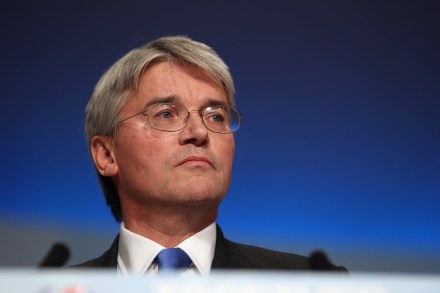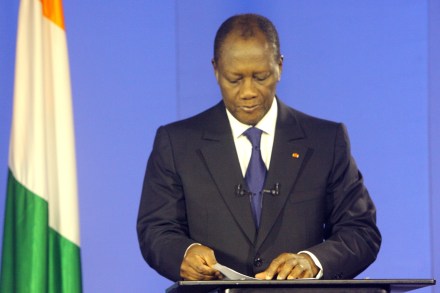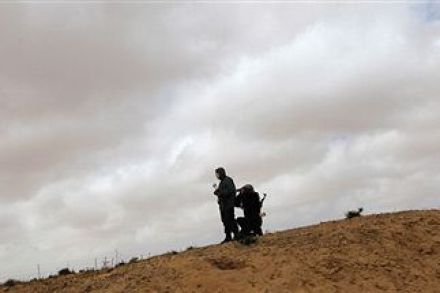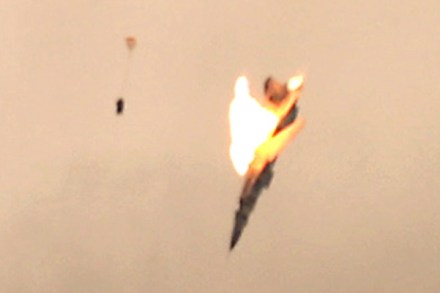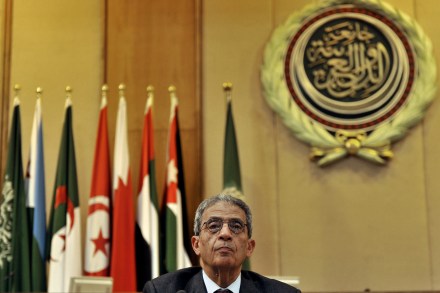Phone hacking tempest forces Cameron to shorten trip again
David Cameron’s long-planned trip to Africa has been foreshortened again. He will now return on Tuesday evening, as opposed to Wednesday morning. This, we are led to believe, is so that he can finalise the terms and membership of the Leveson inquiry ahead of Wednesday’s emergency parliamentary session. The scramble for Africa has become the scramble from Africa. As this crisis deepens, the forthcoming public inquiries grow ever more important for the Prime Minister. Lord Justice Leveson will examine the alleged misdoings between members of the police and the media; Leveson will not convene until the conclusion of the criminal investigation. Cameron is also preparing another inquiry to investigate media regulation, now that the




